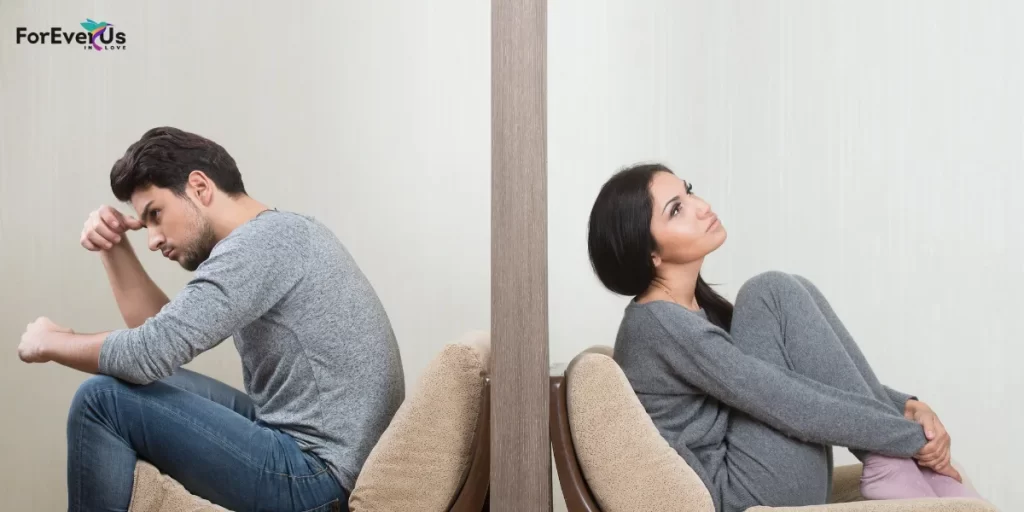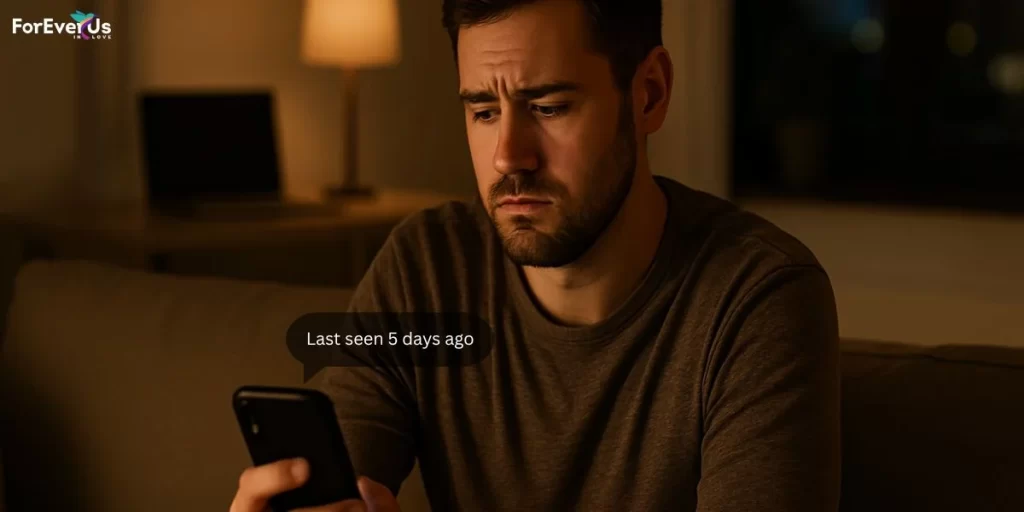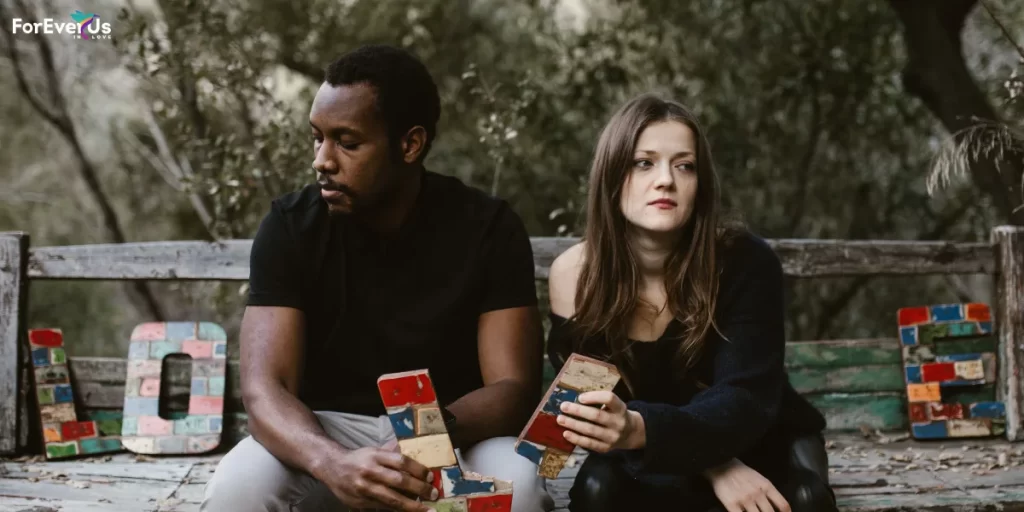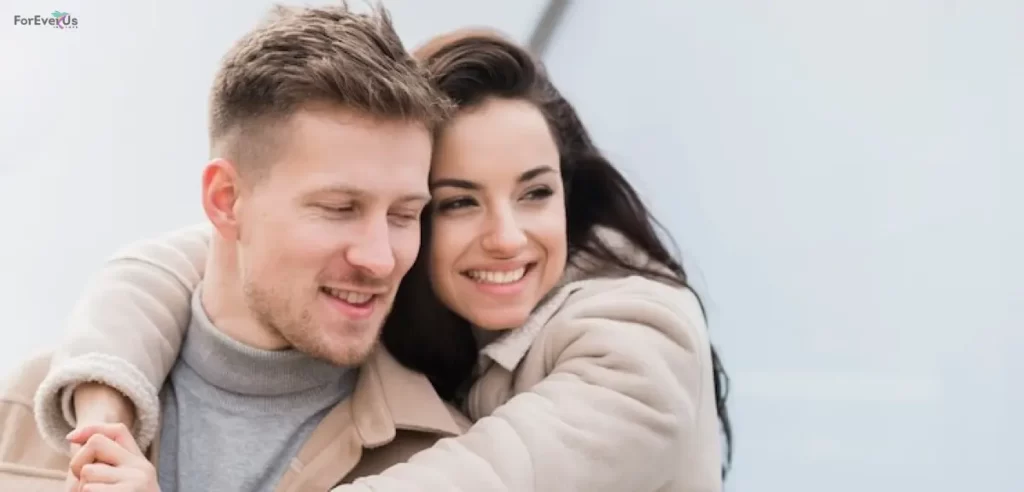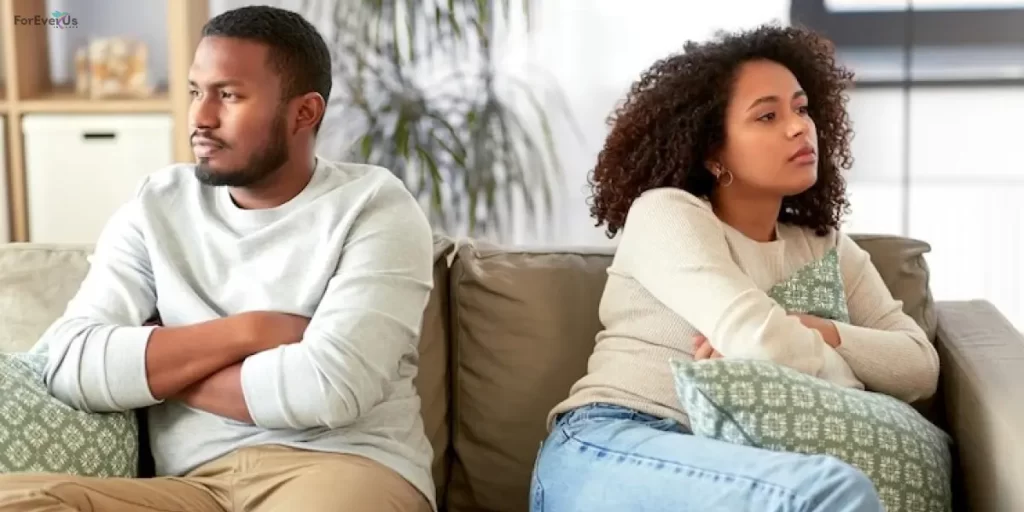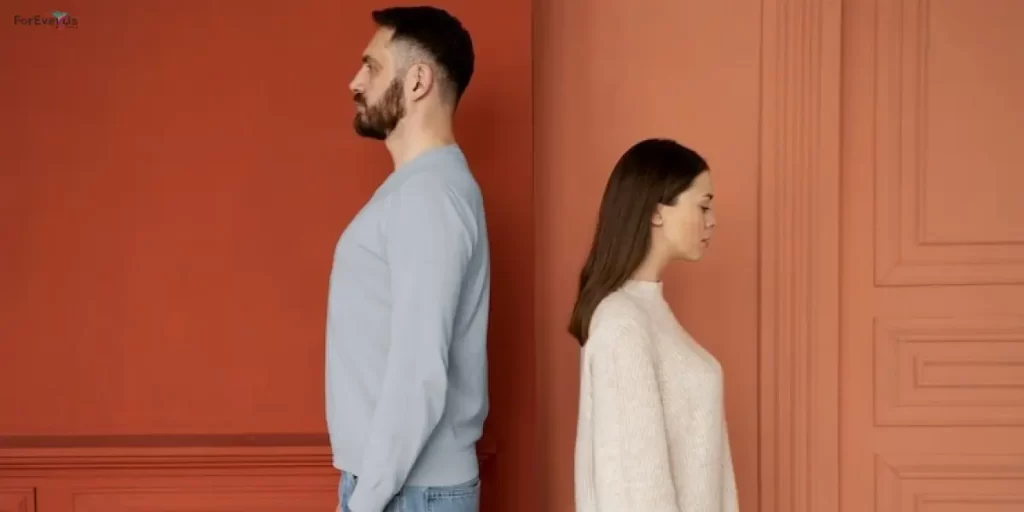When it comes to relationships, everyone talks about red flags—those glaring warning signs that signal something isn’t quite right. But what about the opposite? What about the green flags in a relationship that indicate you’re in a strong, supportive, and healthy partnership?
If you’ve ever asked yourself, “Is my partner a green flag?” or “How do I know if my relationship is truly good for me?”—you’re in the right place. In this guide, we’ll explain to you the most important green flags that signify a thriving relationship, backed by psychology and real-life examples.
What Are Green Flags in a Relationship? (With Simple Examples)
Green flags are the positive signs that show you’re with the right person. They reflect emotional security, mutual respect, and deep compatibility. Unlike red flags, which raise concerns, green flags provide reassurance that your relationship is built on a solid foundation.
According to Dr. John Gottman, a world-renowned psychologist specializing in relationship research, the strongest relationships thrive on trust, commitment, and positive interactions. A study from the Gottman Institute found that couples who regularly express appreciation and communicate openly report significantly higher relationship satisfaction.
Here’s a simple comparison:
- Red Flag: Your partner dismisses your feelings and avoids discussing tough topics.
- Green Flag: Your partner listens, acknowledges your emotions, and actively works through issues with you.
Now, let’s dive deeper into the key green flags that indicate you’re in a healthy and loving relationship. If you recognize these in your own relationship, congratulations—you’re on the right track!
Signs of Green Flags in a Relationship for a Healthy and Lasting Connection
A healthy relationship is built on trust, respect, emotional security, and mutual growth. Recognizing these green flags can help you determine if your partner is truly supportive and aligned with your long-term happiness. Here’s what to look for in a strong, lasting connection.
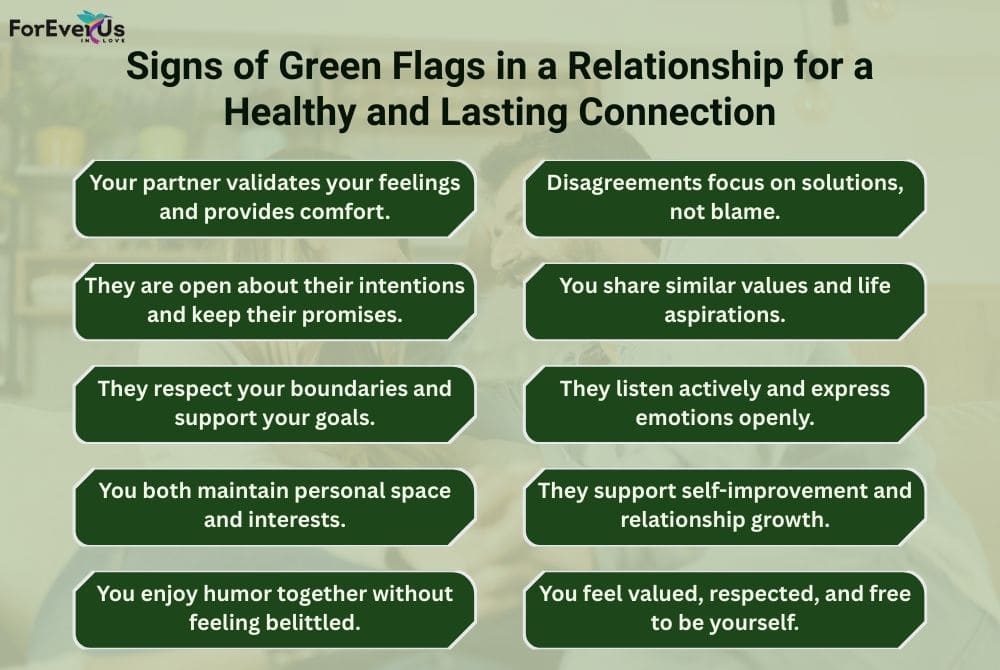
Emotional Green Flags in a Relationship
A strong relationship is built on emotional connection and maturity.
Signs Your Partner Is a Green Flag:
- They validate your emotions instead of dismissing them.
- They provide comfort during tough times.
- You feel emotionally secure and understood.
What to Do If This Is Missing:
- Express your emotional needs clearly and honestly.
- If they struggle with emotional support, encourage self-awareness and personal growth.
Trust and Transparency in a Relationship
You should never have to second-guess your partner’s honesty.
Signs Your Partner Is a Green Flag:
- They are open about their feelings and intentions.
- You never feel the need to check their phone or question their whereabouts.
- They keep their promises and follow through with commitments.
What to Do If This Is Missing:
- Discuss trust concerns openly—identify what’s causing insecurity.
- Build trust through small, consistent actions over time.
Mutual Respect & Support Checklist
You should feel valued, not controlled.
Signs Your Partner Is a Green Flag:
- They respect your boundaries and individuality.
- They celebrate your achievements and support your goals.
- They never pressure you to change your values for the relationship.
What to Do If This Is Missing:
- Communicate your personal boundaries and see if they’re respected.
- Ask yourself: Is my partner truly happy for me, or do they feel threatened by my success?
Healthy Independence in a Relationship
Your relationship should feel like a partnership, not a dependency.
Signs Your Partner Is a Green Flag:
- They support your personal interests and friendships.
- You both maintain a healthy balance of “together time” and personal space.
- You feel free to be yourself, without losing your identity.
What to Do If This Is Missing:
- Communicate the importance of personal space and hobbies.
- Set healthy boundaries to ensure you both grow individually.
Shared Sense of Humor in a Relationship
Laughter strengthens emotional connections and makes relationships more enjoyable.
Signs Your Partner Is a Green Flag:
- They make you laugh, even in tough times.
- You share inside jokes and fun moments together.
- They use humor to lighten the mood, not to belittle or dismiss feelings.
What to Do If This Is Missing:
- Find shared activities that bring joy and laughter.
- Communicate if humor feels hurtful rather than supportive.
Effective Conflict Resolution in a Relationship
Healthy couples address disagreements with respect and understanding.
Signs Your Partner Is a Green Flag:
- They stay calm and listen during conflicts.
- Arguments focus on solutions, not blame.
- They apologize and take responsibility when needed.
What to Do If This Is Missing:
- Practice open and honest communication without defensiveness.
- Work on conflict resolution strategies together.
Aligned Future Goals in a Relationship
A strong relationship includes shared values and a long-term vision.
Signs Your Partner Is a Green Flag:
- You both have similar life goals and aspirations.
- Major decisions, like career and family, align well.
- You feel excited about building a future together.
What to Do If This Is Missing:
- Have honest discussions about future expectations.
- Identify compromises that support both partners’ dreams.
Recognizing Emotional Presence in a Relationship
A healthy partner is present, engaged, and emotionally supportive.
Signs Your Partner Is a Green Flag:
- They actively listen and respond with empathy.
- They’re open about their own emotions and experiences.
- You feel emotionally safe expressing your thoughts and feelings.
What to Do If This Is Missing:
- Encourage open discussions about emotions and needs.
- Work on deepening emotional intimacy over time.
Willingness to Grow Together
A strong relationship includes personal and shared growth.
Signs Your Partner Is a Green Flag:
- They support your self-improvement and personal goals.
- They embrace change and challenges as opportunities to grow.
- They are open to learning from mistakes and improving the relationship.
What to Do If This Is Missing:
- Encourage a mindset of growth and self-reflection.
- Discuss ways to evolve as individuals and as a couple.
Feeling Safe & Secure in a Relationship
A healthy relationship should feel like a safe space, emotionally and physically.
Signs Your Partner Is a Green Flag:
- You never feel afraid to express yourself or set boundaries.
- They handle disagreements without intimidation or manipulation.
- They create a supportive environment where you feel valued.
What to Do If This Is Missing:
- Address concerns about safety and emotional security.
- If necessary, seek external support or professional guidance.
Green Flags in Men and Women: What to Look For?
Healthy relationships thrive on shared values and commitment.
Green Flags in Men:
- He listens and values your opinions.
- He respects your boundaries and supports your growth.
- He takes accountability for his actions.
Green Flags in Women:
- She communicates openly and honestly.
- She encourages your personal development.
- She respects your independence and decisions.
Self-Check: Is Your Relationship Filled with Green Flags?
Take a moment to reflect on your relationship. Ask yourself these questions:
- Can I openly communicate my thoughts without fear of judgment?
- Does my partner respect my boundaries and encourage my growth?
- Do I trust my partner completely, without the need to check up on them?
- Does my partner validate my emotions and support me in tough times?
- Are our long-term goals and values aligned?
- Do we maintain a healthy balance between independence and togetherness?
- Does my partner regularly express appreciation for me?
If you answered “yes” to most of these, you’re likely in a healthy, green-flag-filled relationship! If not, consider working on the areas where growth is needed.
How to Cultivate Green Flags in Yourself?
A strong relationship isn’t just about finding a good partner—it’s also about being one. Here’s how you can cultivate green flags in yourself:
- Work on your communication skills—listen actively and express yourself openly.
- Be emotionally available—practice empathy and show understanding.
- Respect your partner’s individuality—allow space for personal growth.
- Build trust by being consistent and reliable.
- Show appreciation daily—it’s the little things that strengthen a relationship.
What If My Partner Is a Mix of Red and Green Flags?
Not all relationships are black and white—some partners show both red and green flags. If your partner is a mix, it doesn’t necessarily mean you should leave, but it does mean you need to assess the situation carefully.
How to Evaluate the Balance:
- Do the green flags outweigh the red ones, or vice versa?
- Are the red flags related to communication, respect, or trust? If so, they might be deal-breakers.
- Is your partner actively working on their red flags, or do they ignore them?
What You Can Do:
- Have an honest conversation about your concerns.
- Set clear boundaries to protect your emotional well-being.
- If necessary, seek professional guidance to navigate the challenges.
Final Thoughts:
If your partner shows these green flags, congratulations! You’re in a relationship that fosters love, respect, and growth. But if some are missing, don’t panic—every relationship has room for improvement. The key is awareness, communication, and effort.
Next Steps: Save this blog as a checklist to evaluate your relationship. Share it with friends who might find it helpful.
Remember: The best relationships don’t just happen—they are built with trust, communication, and mutual respect.
FAQs
Can a relationship work if there are no green flags?
No, a lack of green flags means an unstable foundation, making it hard for a relationship to thrive.
What if my partner struggles with communication?
If they’re willing to improve, communication skills can be developed over time.
How do I bring up my concerns without making my partner defensive?
Use “I” statements instead of “you” accusations to keep the conversation open and constructive.
Can therapy help if my partner and I struggle with red flags?
Yes, therapy can help couples improve trust, communication, and emotional connection.




